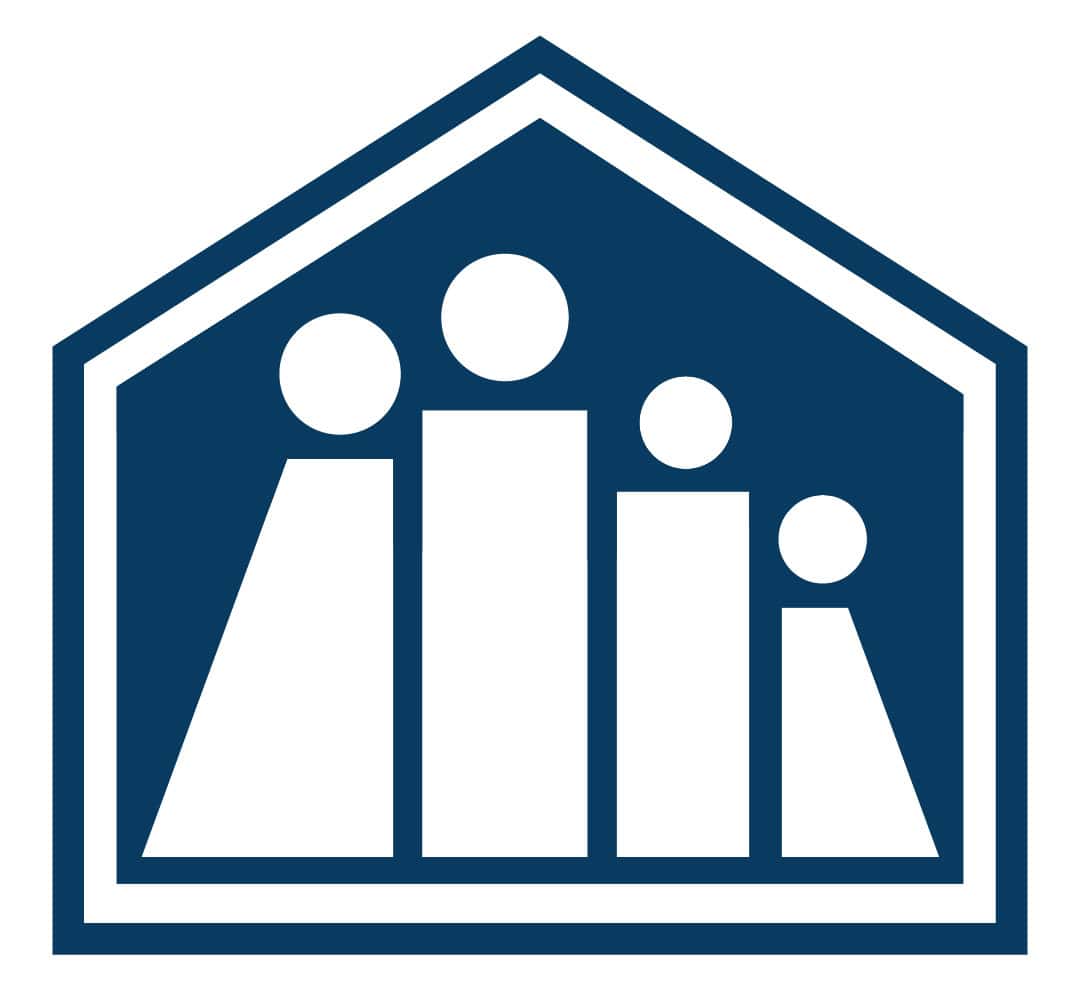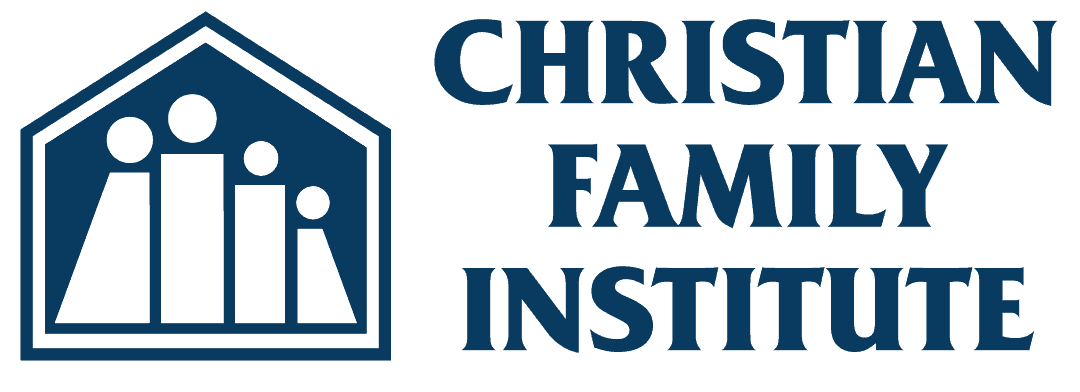
08 Jun Causes of Depression
Depression may be caused by one or more factors. One factor contributing to depression is a bio-chemical or other medical disorder. These may include a genetic predisposition toward depression as evidenced by a family history of depression. Medical disorders such as multiple sclerosis, chronic pain, blood sugar disorders such as hypoglycemia, cancer and hormonal imbalances have also been known to contribute to depression. Depression may result from the side affects of some prescribed medications, or from the abuse of substances such as alcohol or illicit drugs.
Cognition plays a major role in depression. Faulty thoughts, hopelessness, helplessness, and self-depreciating thoughts significantly increase vulnerability to depression.
Family factors such as marital discord, lack of intimacy, spouse abuse, problems in raising children, and unresolved conflict may contribute to depression. Learning the role in the family of being helpless and sick may also contribute to depression. Depression may result from other forms of family dysfunction such as incest, chemical dependency in a family member, neglect, or abandonment.
Misdirected anger can cause depression.Inability to manage anger, thoughts full of revenge, bitterness toward others, or a sense of feeling abused may contribute to depression. In addition, anger directed at self, self-punishment, and self-blame over past failures or sin may produce depression.
Spiritual causes of depression include separation from God, emptiness resulting from a failure to come to a knowledge of God, unforgiveness toward oneself or others, unrepentant sin, and faulty theology. Distortion in Biblical doctrine can lead a person to hopelessness, i.e. believing one has committed the unpardonable sin, salvation by works, etc.
Regardless of the cause, you don’t have to live with depression. We can help.


